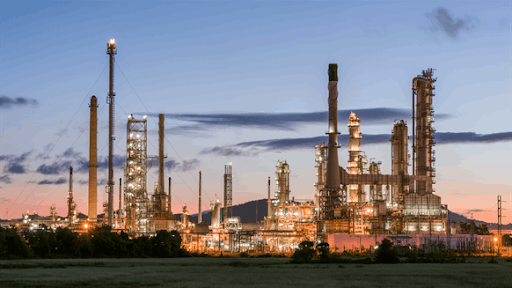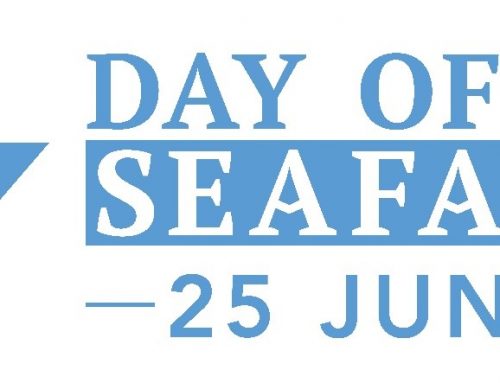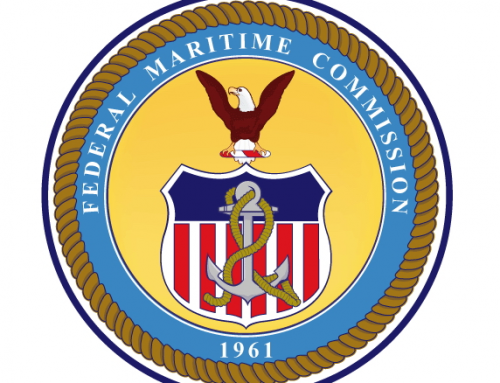Restrictions on the numbers of contractors on rigs, pipelines and production sites are forcing companies to delay vital maintenance across the oil and natural gas industry. Refiners are scaling back “turnarounds”, which are expensive and complex periods of planned maintenance, during which an entire part of the operation is taken offline, inspected and maintained. Although much of the most urgent work required by regulators is still moving forward, many other projects are on indefinite hold.
Oil and gas facilities pose a wide range of risks to workers and the environment, due to the hazardous hydrocarbon materials they process. As a result, they are inspected regularly to maintain safe working conditions. Given the logistical pressures caused by COVID-19 crisis, however, companies cannot complete all scheduled work, so must decide which scheduled maintenance to prioritize.
“It would be very hard to conduct a turnaround [while] exercising social distancing,” said Fiona Rutherford, a chemical engineer and independent oil consultant, who worked on refinery maintenance projects at Exxon Mobil Corp.
Since the beginning of the year, another major, Equinor, has delayed maintenance at five offshore oil and gas platforms in the North Sea, as well as a liquefied natural gas plant. Canadian oil sands producers also delayed project plans. Work on the main crude pipeline running from the North Sea has been canceled, and Phillips 66 has postponed three major projects. Major work scheduled at Marathon Petroleum’s giant Galveston Bay refinery in Texas City, Texas, also has been postponed. Finland’s Neste Oyj recently scaled back a turnaround that’s long been planned for its main refinery, pushing less pressing projects into 2021.
The delays already are starting to affect predictions on supply and demand. Energy Aspects Ltd has predicted Norway’s gas production to be higher than forecast into the first half of summer. However, the financial damage of these maintenance delays is less concerning than the broader economic destruction that COVID-19 has done to the oil and gas industry. Traders and executives in the industry estimate a reduction in demand of 20 million barrels a day or more, leading to a surplus of oil and pressure to reduce supply. These dynamics affect the market much more than the timing of facility maintenance.
The above is a summary of one or more news stories reviewed by the author of this article. It may contain comments or views of the author only.
This article is intended for general interest and does not constitute legal advice.







